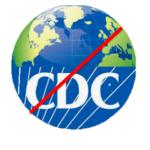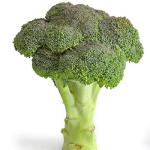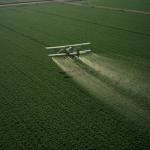Why is Europe persevering in restricting the use of agricultural biotechnology and why does it renounce its benefits?
activism
Last month, we reported that a Dutch journalist named Jannes van Roermund collaborated with the infamous troll and anti-GM
For many years, the anti-GMO movement has advanced a compelling narrative about its struggle against the biotech industry—pejoratively referred to as 'Big Ag.' According to this story, organic food activists and environmental groups are independen
Throughout the month of January, the world was gripped by an unfolding drama. Glued to their television sets and social media accounts, people were sharing news stories and punditry, eager to learn of the latest developments.
For people in pain, the following history is familiar. After a year of political maneuvering and under-the-table influence peddling, the National Center for Injury Prevention and Control (NCIPC) at CDC issued a “guideline” in March 2016, for
The headline is not exaggeration or hyperbole. Scientific American just ran an article claiming that vegetables are becoming like sugary snacks and are toxic. And that's not even the worst part.
Pop quiz: What do the New York Times, Jeffrey "the yogic flying instructor" Smith, and the Natural Resources Defense Council (NRDC) have in common?
For Americans, April 15 is Tax Day. For some others around the world, April 15 is a day to block traffic and commit crimes. It’s for the environment, you see.
One of the biggest problems with journalism -- particularly science journalism -- is the fact that many people who practice it aren't qualified to do so.
I've been a science writer and editor for nearly eight years. During this time, I've learned a few things.












